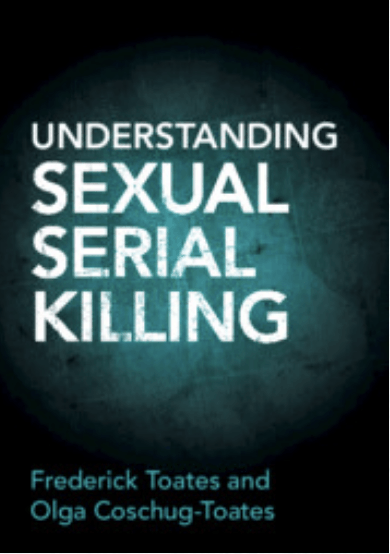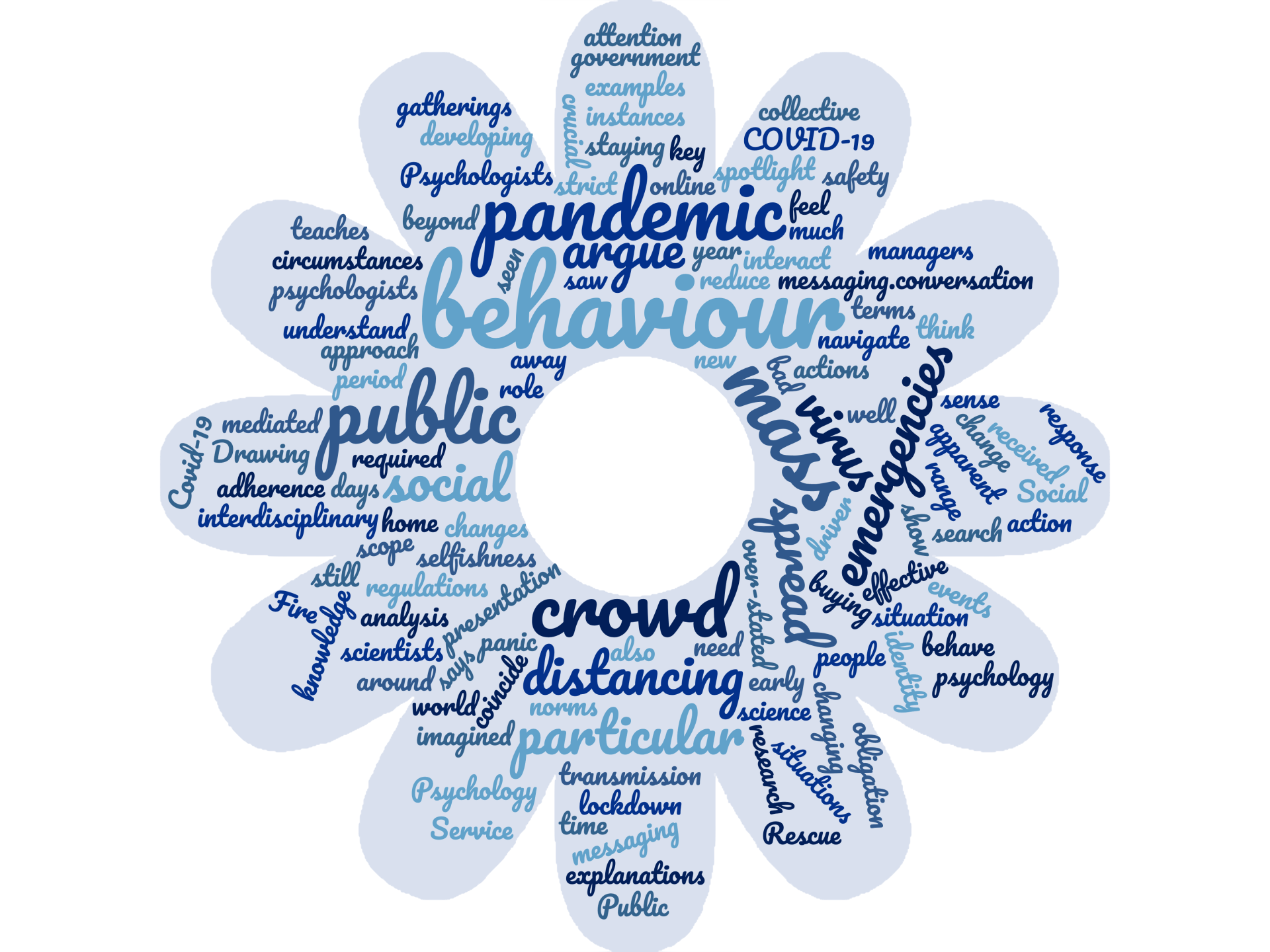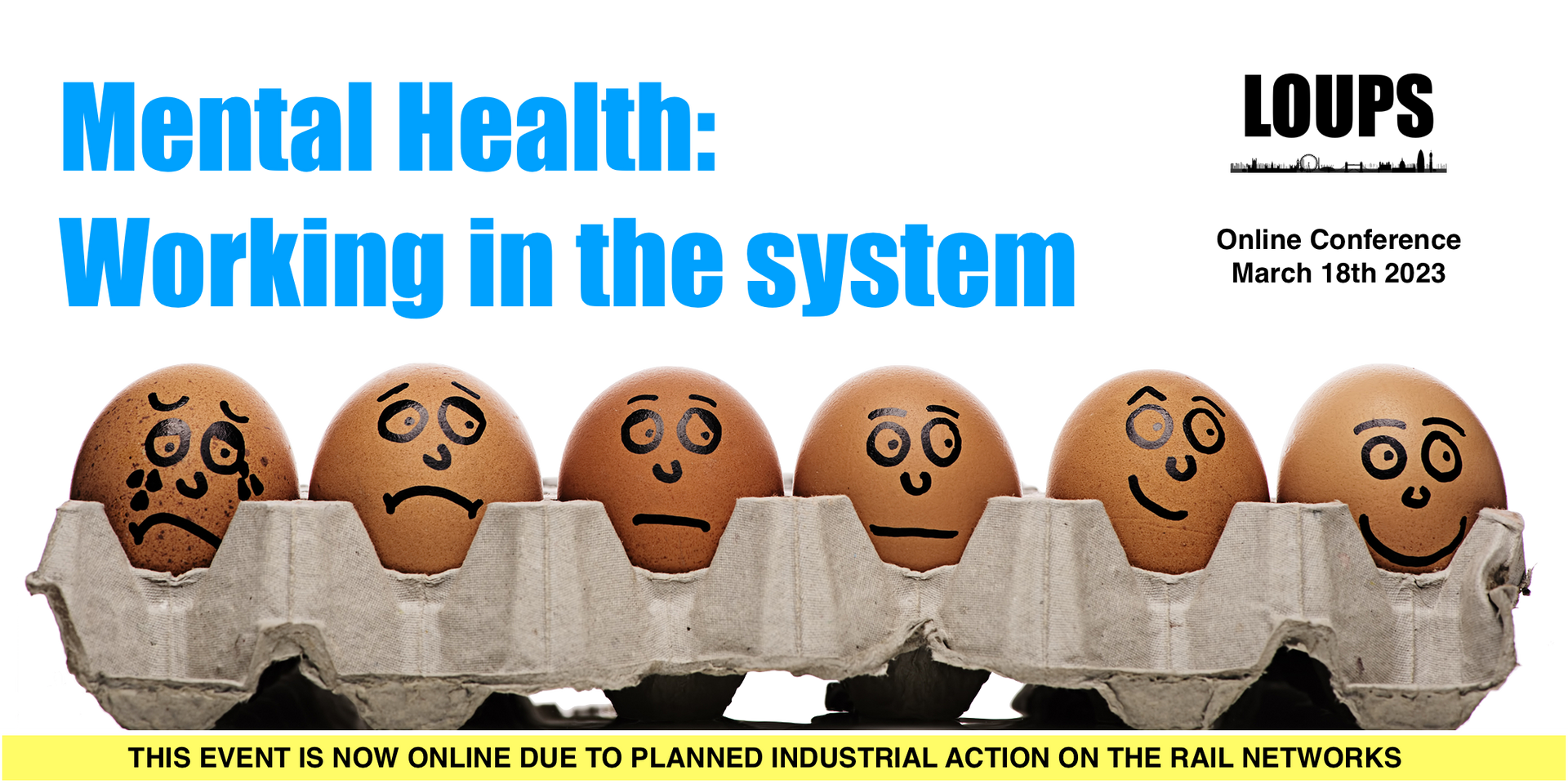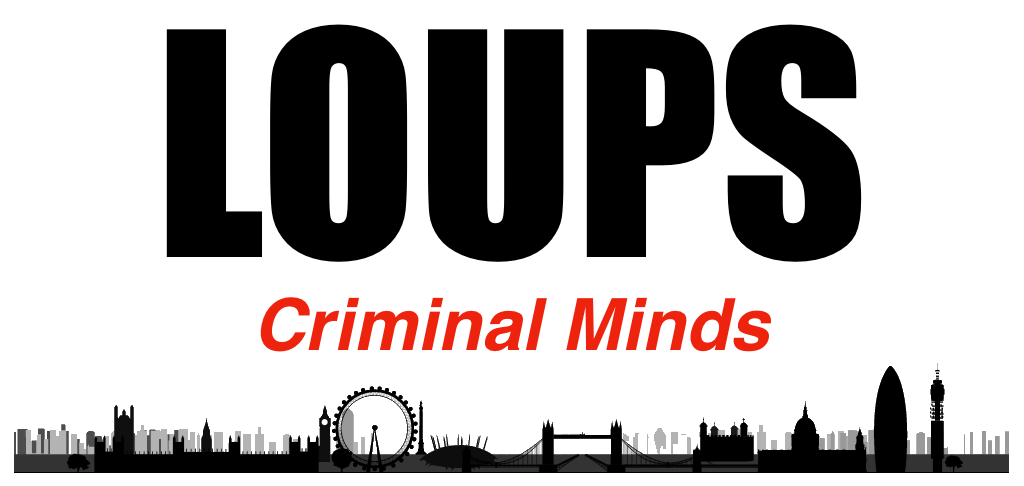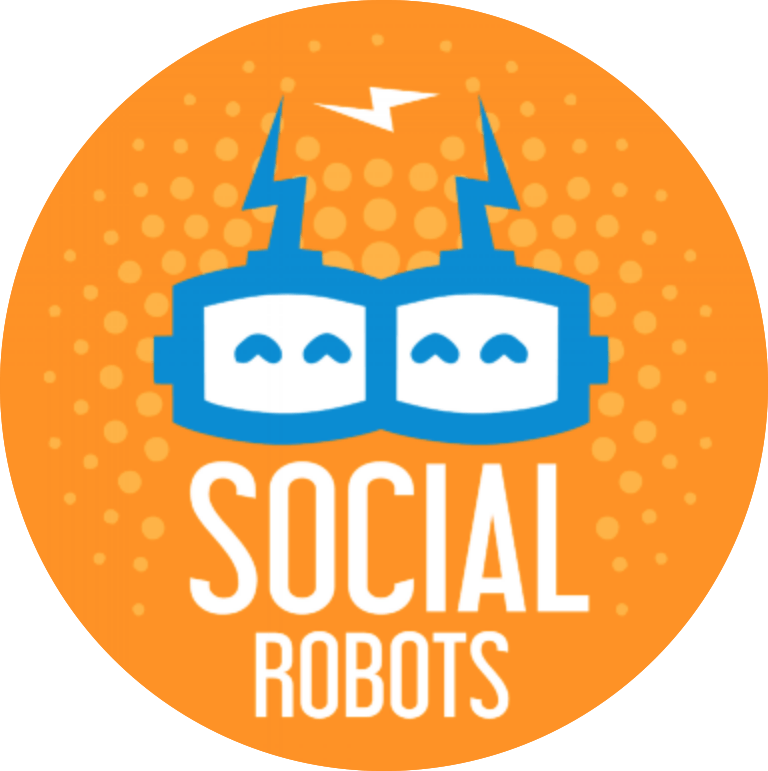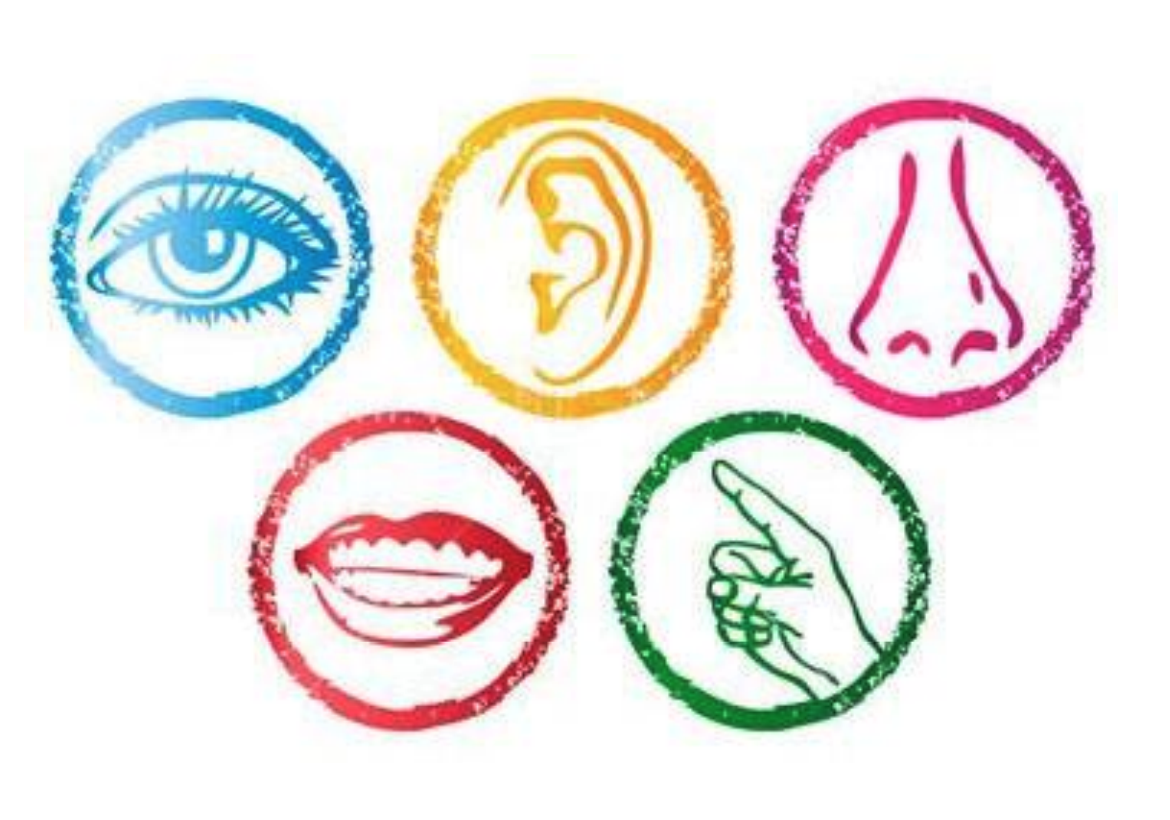by Clara Clein Wolfe
•
3 August 2022
The collective appetite for true crime shows no sign of abating. The adage ‘if it bleeds, it leads’ spans media reporting, television tropes, and documentaries. The deviance of humanity is an enduring topic of investigation. This Summer, Frederick Toates and Olga Coschug-Toates released their book, Understanding Sexual Serial Killing. It is a brilliant read which delves into the myriad aspects of sexual serial killing, such as underlying factors, childhood experiences, and the biological, psychological, and social features. The book is divided into three parts: the factors that underlie lust killing, biographical sketches, and a final word. The factors which underlie lust killing, also known as sexual serial killing, span everything from the brain, motivations, and context. The brain is a source of interest in considering human differences and deviations. For example, Fred and Olga demonstrates the value of studying ‘normal’ brains and those which have been stretched beyond normal/adaptive functioning. However, these [predominantly] men need motivation to commit these crimes and the associated activities such as stalking. There is also the relevance of the context, for example whether the ‘right’ target is available and an absence of obstructions. However, rather than distinct factors, they are entangled, such that a maladapted brain, motivation for sexual domination, and a situation providing an opportunity for sexual killing can be reverse engineered back from murder(s). An excellent aspect of the book is that factors are explained individually as well as linked together thus increasing the depth of understanding, including using biographical sketches. The biographical sketches of eighty sexual serial killers seemed an overwhelming prospect to me, but it was truly invaluable. For any Open University students who have studied DE310 and/or read Mad or Bad? A Critical Approach to Counselling and Forensic Psychology (2017), there are elements which link between the two. For example, the snapshot of ‘Omar’ (p.210) and ‘Mr Bradford’ (pp.221-222), in Mad or Bad… (2017) can be seen in Understanding… in that these sketches involve contradictions and incongruent characteristics if comparing them, yet they are the same person. This is a critical aspect for understanding this population because so often, especially in the media, serial killers can be portrayed as non-human or otherwise an exception to ‘normal’ others. The biographical sketches are illuminating. They do contain difficult themes and experiences, but the book maintains a respectful tone in that it neither dismisses the crimes nor uses previous trauma as justification for them. No black-and-white conceptualisations of the grey. This respect for the lives stolen across the divide of killer and victim is further testament to the quality of the writing and expertise of Fred and Olga by including the nuances and making you reflect upon assumptions or opinions. The final word is the last section of the book. It closes the book and draws together the previous sections. The aim of building and reinforcing on the existing work by using psychological and neuroscientific theories and literature is well achieved. Understanding Sexual Serial Killing is excellent. It is a difficult subject and there are details which cause a visceral response. There are heart-breaking details among the facts. Fred and Olga acknowledge the tragedy and missed opportunities in which interventions could have led to different outcomes. There are biographies of names we recognise from the saturation of true crime media but stories we may not. There are unmistakably some difficult themes and experiences, but it is an accessible book which includes footnotes for additional information or references to the extensive research. Understanding Sexual Serial Killing is an immersive reading experience. The veracity of the information can deliver shocks and distress. I decided to not read at home. Reading the book in public, such as the park, was an interesting experience as details could hit differently. For example, when feeling afraid and hypervigilant one evening, I wondered if I might need to use the sizable book to defend myself. It can be tough to learn the depravity of some parents and the sequence of events behind murders: the split-second decisions or actions which ended in tragedy. Despite the formidable nature of the book, its accessibility allows for readers to put it down if needed to take a break, but it is so compelling you will be right back to it! Whether binge reading or snack reading, you can follow the science, themes, and narrative. This is vital. People from multiple backgrounds can benefit from reading the Understanding Sexual Serial Killing because the lessons and knowledge within the text can help in settings of educational, forensic, health, mental health, and beyond. For example, in the Preface, there is a line which stuck with me during and since reading the book: “in almost all cases, if not every case, the killers feel a deep resentment about things that happened to them, usually in childhood or adolescence” (p.xviii). Therefore, the more people who read this book, the more hope there may be to prevent future sexual serial killing. This is not a Pollyanna fantasy. The number of missed opportunities for alternative outcomes suggest that; far from being a deterministic, linear relationship between maladapted brains, motivations of dominance, and contexts of coalescing opportunity, the pattern can be broken but lessons must be learned. Understanding Sexual Serial Killing, by Frederick Toates and Olga Coschug-Toates is a must-read.
